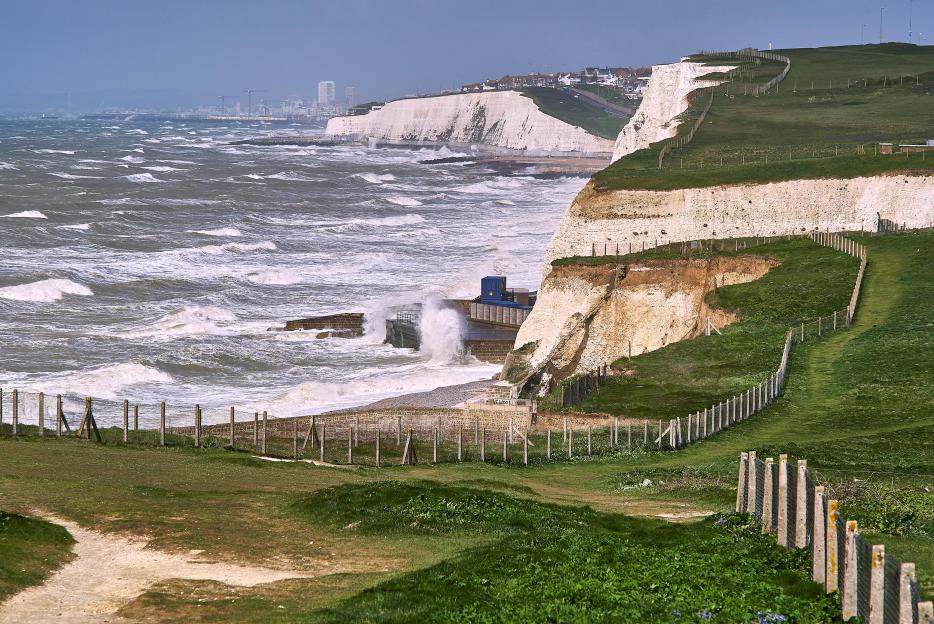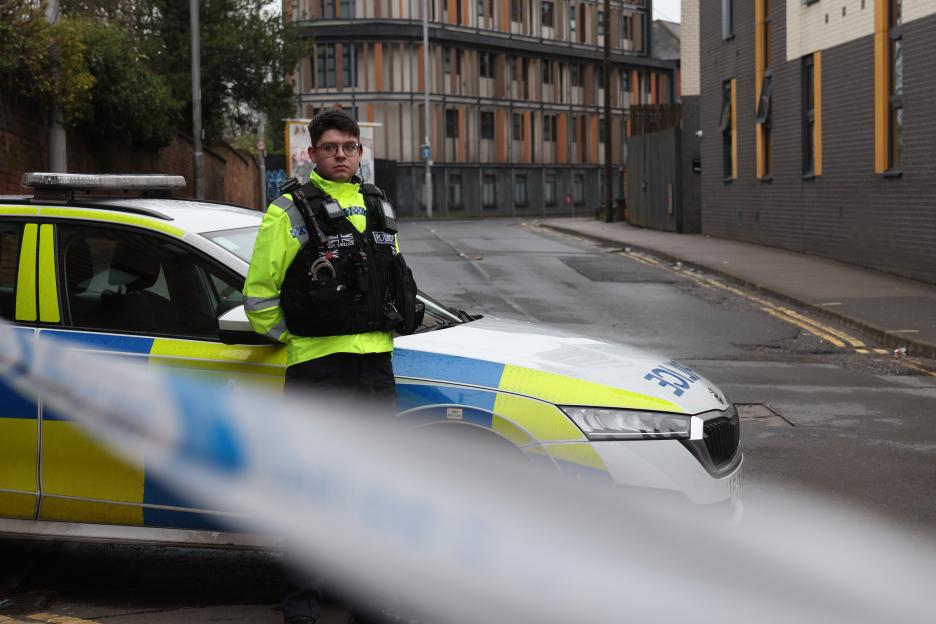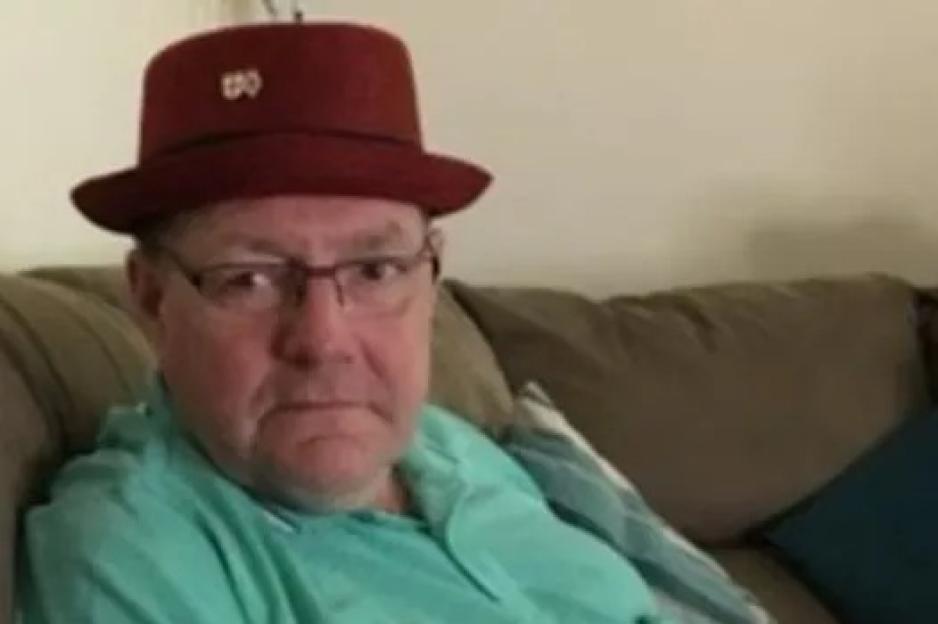On Tuesday, Clark, who was premier from 2011 to 2017, was the first of a number of senior B.C. politicians scheduled to testify at the inquiry, which is mandated to determine whether governments, police and regulators failed to tackle money laundering as it took root in B.C.'s economy.
“If you had been told that someone was dropping off a shopping bag at midnight containing $200,000 in $20 bills and that was being accepted by service providers, would that have been something you thought was appropriate?” McGowan asked Clark. “If your minister had told you that was happening, would you have raised some concern or intervened?”
“I can't answer questions about what might have happened, but I can say we took significant actions,” Clark, who is now a senior advisor with business law firm Bennett Jones, said.
Read more: BC Lottery Corp. CEO says casino bet limits rose to $100K despite link to underground banks
Clark said she wasn't aware of the decision.
“The idea was never to get revenue at the expense of public safety or public confidence in our casino system,” she said.
“I think I already answered that question,” Clark said, while pointing to her decision to start the joint investigation team after 2015.
“I didn't,” Clark said. “I knew that we were going to do what we did instead. Which was, we created (the joint team). If your question is, ‘Did I do something about it?', my answer is yes.”
Clark said her government's move to start the joint team after 2015 ultimately stemmed from a recommendation made in an anti-money laundering report that was completed for then-minister Coleman in 2011.
“Is there any reason if (the suspicious cash problem) was deemed urgent, why (implementing the team) couldn't have been done in 2011 rather than 2015?” McGowan asked Clark.
Meanwhile, McGowan and a lawyer for Transparency International Canada asked Clark whether her government had taken any actions to study whether money laundering could be inflating B.C. housing prices.
Clark said there had been no reason to because experts had informed her government that B.C.'s economic growth, low interest rates, and high rates of immigration were the cause of its surging real estate values, and not money laundering.
The hearings will continue, with de Jong scheduled to testify on Friday, and Coleman and current B.C. Attorney General David Eby scheduled the following week.




